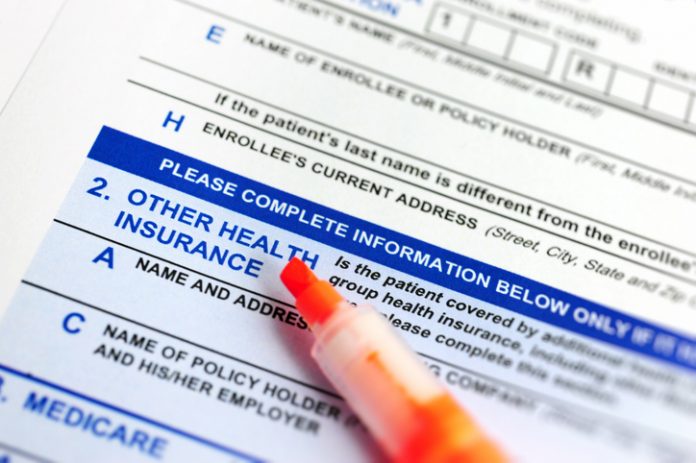Americans as young as 50 could soon qualify for Medicare.
The Medicare at 50 Act, introduced in April by Sen. Debbie Stabenow (D-MI) and co-sponsored by 20 other Democrat senators, would lower the minimum age for government-funded healthcare for senior citizens. Americans have had to be at least 65 to qualify for Medicare since its creation in 1966.
Democrats claim the bill, which was previously introduced in February 2019, could help lower health care costs, reinforce the existing Medicare program, and strengthen the existing health insurance marketplace.
House Democrats have also expressed support for lowering the age of eligibility. In May, several Democrats signed a letter to the Biden Administration, urging him to follow through on his support for dropping the age to 60.
The letter claims lowering the eligibility age to 60 would add expand Medicare to cover an additional 23 million people, and 40 million if the age was dropped to age 55. “Expanding Medicare to these age groups is critical for addressing inequities in health coverage and access, as communities of color and low-income individuals are disproportionately more likely to be uninsured,” the letter states.
Bad Deal for Taxpayers, Employees
The economic consequences of such a plan would be devastating to the nation at large, says Robert Moffit, senior fellow of health care studies at The Heritage Foundation. “If employers respond by jettisoning coverage altogether, it will increase the tax burden on the working population and further aggravate the already high deficits and debt,” Moffit told Health Care News.
“Health care entitlements are a major driver of deficits and debt, and the financial challenges are getting tougher. The Medicare program itself is facing insolvency within five years or less. Beyond that, Medicare’s mounting unfunded obligations—a future burden on mostly clueless young people—are well into the tens of trillions of dollars.”
But why would a 50-year-old want to join Medicare in the first place, especially when most Americans in that age bracket are still working and receive better coverage from their employers?
That’s the question John Goodman, president of the Goodman Institute for Public Policy Research and co-publisher of Health Care News, asks. “The private insurance people already have is better than Medicare, which has huge gaps in coverage,” said Goodman. “To fill those gaps, seniors must buy Medigap insurance and insurance for drugs – paying three premiums to three plans. Even after all that, Medicare enrollees still have an out-of-pocket exposure much greater than young people have.”
The issue, Moffit points out, is that employees are not necessarily the decision-makers if Democrats get their way on lowering the age for Medicare. “Employers themselves—recognizing that the taxpayers will pick up the tab for health coverage for their workers and their dependents, at a potential cost ranging between $40 to $100 billion annually—may decide to jettison their health insurance plans altogether,” said Moffit.
A Better Way: The Free Market
In his recent article for Forbes magazine, Goodman writes there’s a better way: the free market. Goodman suggests giving the $8,000 to $9,000 in government subsidies currently allotted to each Medicare enrollee directly to seniors, allowing them to have more control over their health care spending.
“[I]t is hard to imagine a scenario under which young seniors would not be better off if they got their proposed subsidy in the form of a check to be deposited in a bank account instead of being enrolled in a clearly inferior health care plan,” writes Goodman. “At a minimum, young seniors should be given a choice: take the money and stay in the current system or use the money to pay an actuarially fair premium and buy into Medicare.”
But whether such a free-market solution would ever come to fruition is an entirely different matter, says Moffit. The central question of health care policy is not about cost or access to coverage or care; it is that of power and control.
“In my judgment, the real reason that President Biden wants to lower the age of Medicare eligibility is to expand direct federal government control over health care financing and delivery for a greater share of the American population,” he said.
Madeline Peltzer (mpeltzer@hillsdale.edu) writes from Hillsdale, Michigan.




















